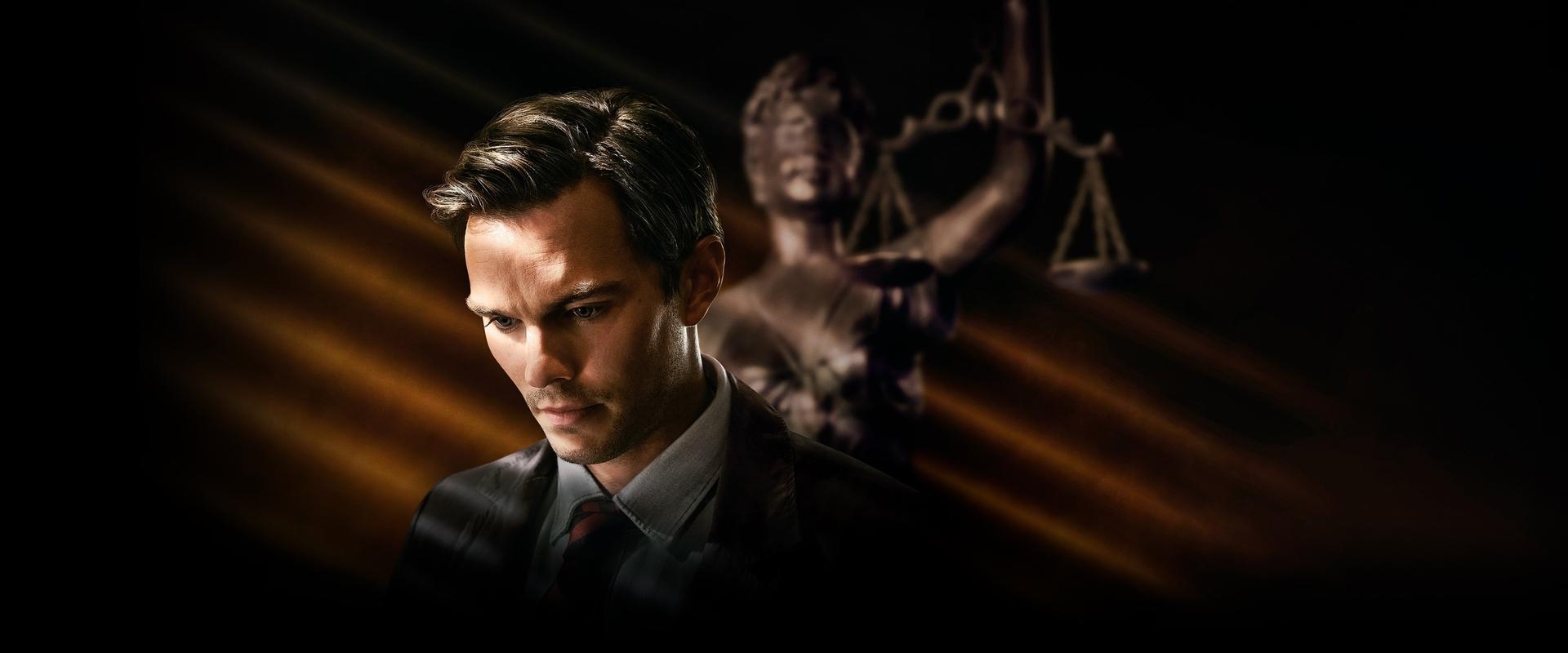By about the third swerve into ethical ambiguity in “Juror #2,” I realized I wasn’t in the courtroom drama Clint Eastwood seemed, at first, so eager to sell me. No, this isn’t just another movie about verdicts and closing arguments. Eastwood, that leathery cinematic preacher of the American conscience, is up to something more squirm-inducing than mere legal theatrics. The film comes at you with white-knuckle dilemmas—shouldering you off your seat and into your own muddled sense of right and wrong. You may arrive expecting “12 Angry Men” by way of the Turner Classic Movies channel, but you’ll leave with your moral reflexes tested and, just possibly, thoroughly rattled.
The premise: Nicholas Hoult, playing Justin Kemp, is a journalist in Savannah—recovering alcoholic, recent survivor of grief, and unwitting juror in a murder trial that’s part southern noir, part atonement fable. The victim, Kendall Carter, is dead; her boyfriend’s in the dock, prosecutor Faith Killebrew (played by Toni Collette, simmering under her legal-bun hairdo) throws the book at him, and the ensemble of jury-room brass and duds gets shuffled around like so many checkers by a director who knows, better than anyone alive, that America’s real story is told not in the neon-lit courtroom but in the stifling, airless rooms where no one is really innocent.
But the twist—a sledgehammer, morally speaking—is that Justin didn’t just stumble into jury service. He stumbles headlong into the case; past mistakes nipping at his heels. He may have killed the victim in a haze of grief and bad luck (the script asks for a little hand-waving at certain plot implausibilities—was he really that oblivious? Is everyone in Savannah that dumb, or just cinematic Savannah?), and suddenly the juror is less an arbiter of the law and more a defendant crumpling under the weight of his own battered conscience.
Eastwood, at 94, could rest on his legend. Instead, he’s trawling the swampy backwaters of ethical compromise, turning what could be the standard “who’s-the-killer” routine into a meditation on self-preservation, guilt, and whether we can ever really climb out of the pit we’ve dug for ourselves. Juror #2’s plot is mass-market paperback twisted up with real anxieties: the crash of family loyalty versus public justice, the hollow pursuit of political office, and the nauseating certainty that if the truth came out, the whole house of cards—our little American everyday—might topple.
As Justin, Nicholas Hoult is the wild card who carries the emotional freight. He’s all tight-lipped panic, his face moving through panic, horror, and exhausted relief—never quite landing anywhere comfortable. The performance is a study in the sickly calculus of self-interest: you feel his terror as he tries to deflect guilt onto the nearest plausible target, then watch his relief curdle into remorse. Hoult, not generally called upon for this kind of torn-to-shreds subtlety, rises to the occasion—he’s on the seesaw of decency and cowardice, and you can’t help but feel every lurch.
Toni Collette, as DA Killebrew, gives us a prosecutor with ambition’s teeth bared—then (miracle of miracles) a pulse of doubt when she realizes her conviction prize might be hollow. Collette’s lawyer is all layers: righteous on the surface, haunted underneath. Their dynamic becomes a kind of duet in self-justification; you sense both would sacrifice their souls for the “greater good”—so long as the greater good is also the self’s good. Supporting turns from J.K. Simmons (as the former cop-turned-juror-turned-shameless amateur sleuth), Chris Messina, and Zoey Deutch give the proceedings a lived-in authenticity, even when the dialogue edges toward the groan-worthy. I could have done with fewer juror caricatures and less corn in the script, but I can’t argue with the desperation and doggedness these actors drag across the finish line.
If you’ve come for the legal wrangling, you’ll get some—but Eastwood’s game is elsewhere. He’s more interested in the aftertaste of morality—the bitterness that seeps in when a man must decide if justice is worth destroying himself, and if “the right thing” can survive domesticity, politics, or even a modicum of self-awareness. The film becomes less a neat exercise in legal drama than a bruising essay on how our compasses spin and fail under pressure.
“Juror #2” isn’t perfect—those gaping plot holes could swallow a lesser movie, and some characters never make it off the drawing board. But the force of Eastwood’s storytelling, the slow crushing press of his themes, makes the flaws forgivable. This is a movie to gnaw on: you walk out still chewing over what, exactly, you would have done in Justin’s place, which is exactly what Eastwood wants. The ambiguous ending doesn’t close the case; it cracks it wide open, driving home that justice wasn’t meant to fit politely inside a verdict or a campaign speech.
For those who want a straightforward thriller—who like their law dispensed in black and white—look elsewhere. “Juror #2” is murky, complicated, and full of the kind of gray zones that give the legal profession its nightmares (and sometimes—let’s be honest—its guilty pleasures). Eastwood, unafraid to stir the muck, has made a pretty good thriller—but a far more unsettling moral Rorschach test.
Go in for the dramatics if you must. But you may stumble out, like Justin, with the uneasy suspicion that the real trial isn’t in the courtroom at all—but in the ways we reckon with ourselves long after the jury’s out.


